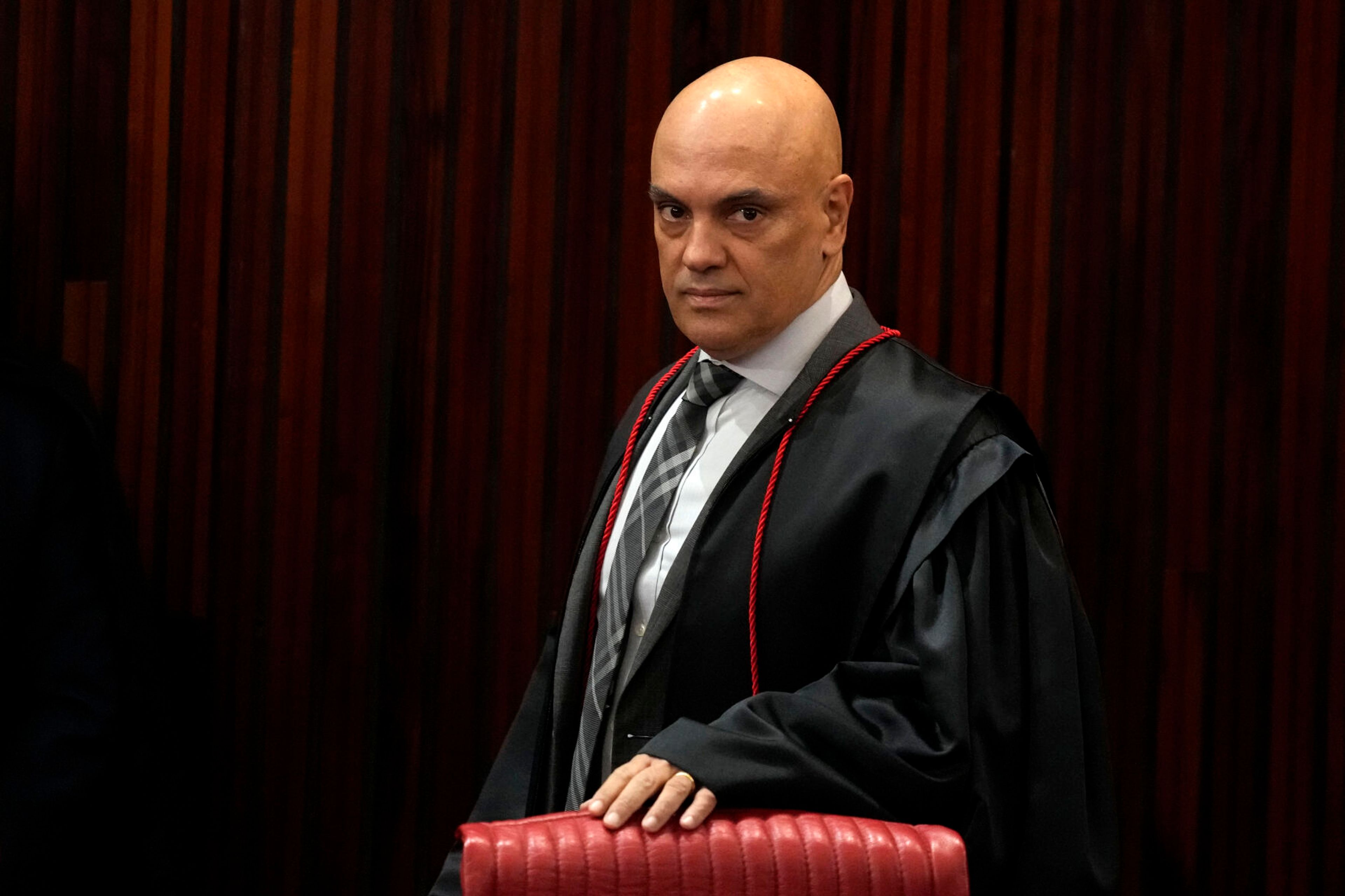This editorial was published in The Idaho Statesman of Boise.
———
The state of Idaho’s inability to simply collect $15 million of federal money to feed hungry Idaho kids is a demonstration of sheer government incompetence.
As Idaho Statesman’s Noble Brigham reported this week, Idaho isn’t participating in a federal program that would have provided $14.8 million to feed low-income students during the summer.
That decision affects about 123,000 children, according to the Food Research and Action Center.
The program, known as summer Pandemic Electronic Benefits Transfer, provides meals for children who qualify for free or reduced-price meals at school. It started in response to the COVID-19 pandemic to fight hunger in the summer, when the school meal safety net disappears.
You might look at that decision and think it’s based on ideological opposition to welfare.
But that’s not what this is about. Even worse, it’s about incompetent state government.
Two state agencies — the Department of Health and Welfare and the Department of Education — couldn’t work together to fill out the paperwork necessary to get the money to flow into Idaho.
It appears the issue began under former state Superintendent of Public Instruction Sherri Ybarra, whose administration stopped providing the necessary data from the state’s free and reduced lunch program, claiming her department didn’t have the staff to pull the data together.
Nonsense.
The funding for the federal program includes money to administer the program, so that should be no excuse.
Ybarra’s not in office anymore, but unfortunately, the administration of new Superintendent Debbie Critchfield, who defeated Ybarra in the primary election last year, hasn’t been able to overcome bureaucratic apathy.
Scott Graf, a spokesperson for the department, said it would have been too difficult. Greg Wilson, chief of staff for Critchfield, said “that’s the way it was done before,” which sounds an awful lot like “that’s the way we’ve always done it.”
We could almost better understand if there were a philosophical opposition to the program. The United States is running trillion-dollar budget deficits each year, and the national debt is $32 trillion. Some may argue people should feed themselves and their families and not rely on the government to do it for them.
Further, one of the main arguments in favor of the free and reduced lunch program doesn’t ring true in the summer: if kids show up to school hungry, they don’t learn, so it’s better to feed kids who need food. But in the summer, kids aren’t in school, some might say, so it becomes just another welfare program.
And a hungry child whose parents don’t have the money to feed them should ... have chosen better parents, we suppose.
Putting aside how heartless those arguments are, that’s not why Idaho isn’t participating in the program. We suspect those arguments may have something to do with the lack of motivation to implement the program in Idaho.
But in reality, it’s just bureaucratic incompetence that’s led to this failure to help 123,000 Idaho children this summer.
That’s unacceptable.
Denise Dixon, director of the Idaho Hunger Relief Task Force, perhaps says it best.
“To me, it’s criminal,” she told the Statesman. “To me, it’s criminal not to feed our children (when) we have federal funds sitting there.”
TNS








